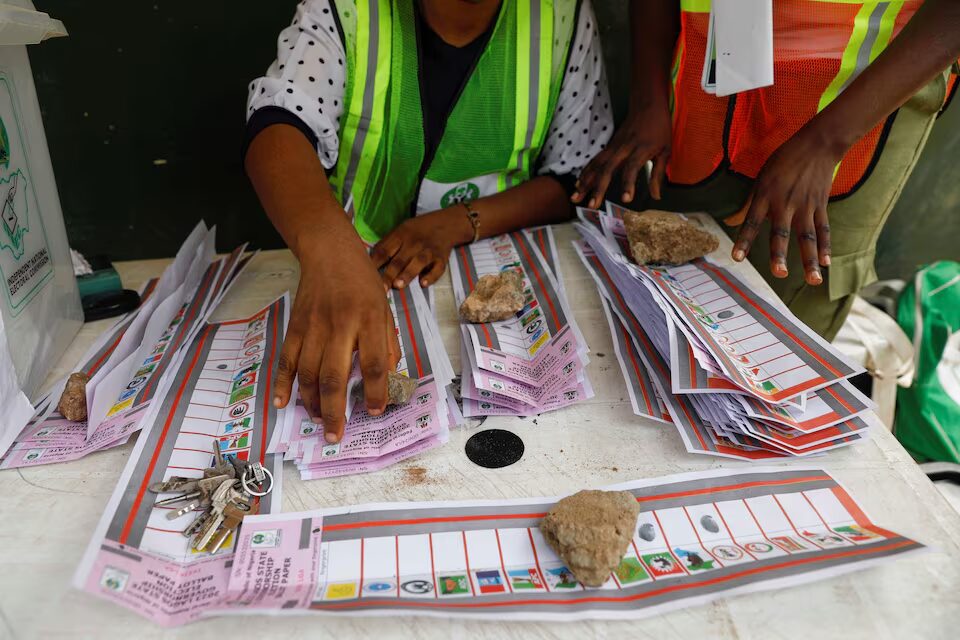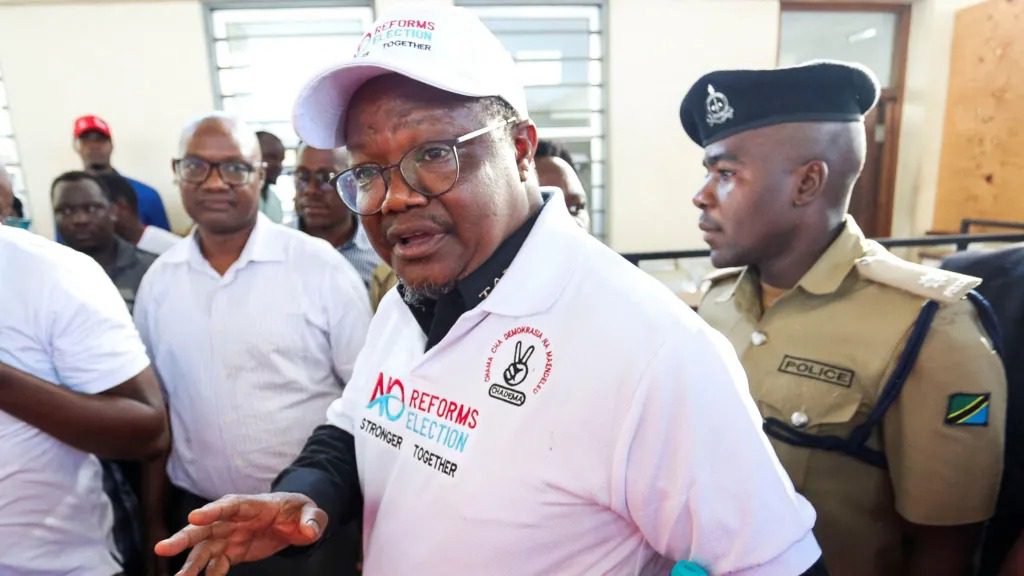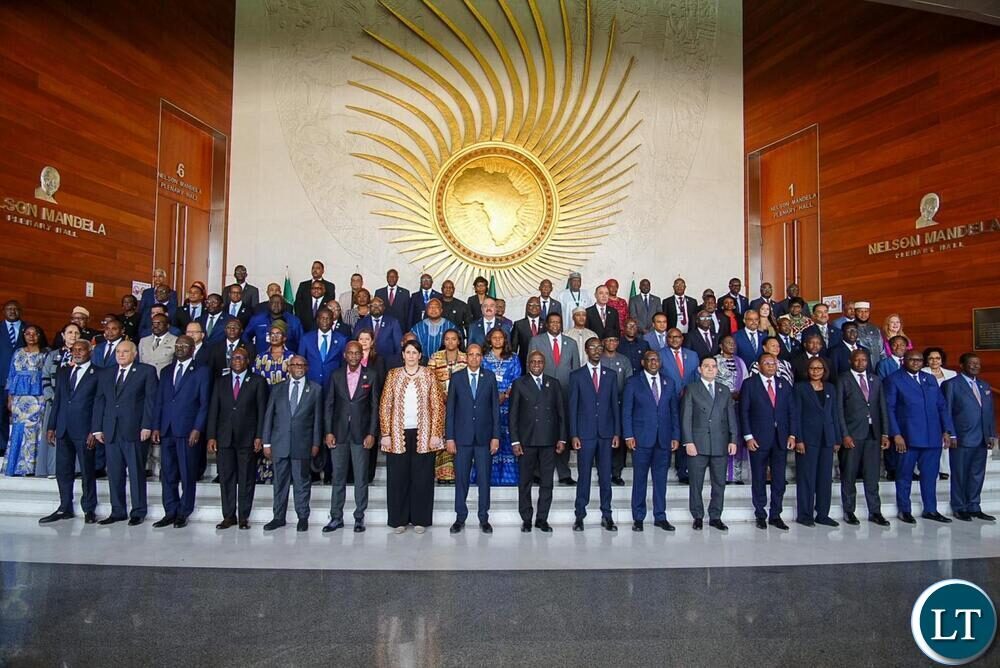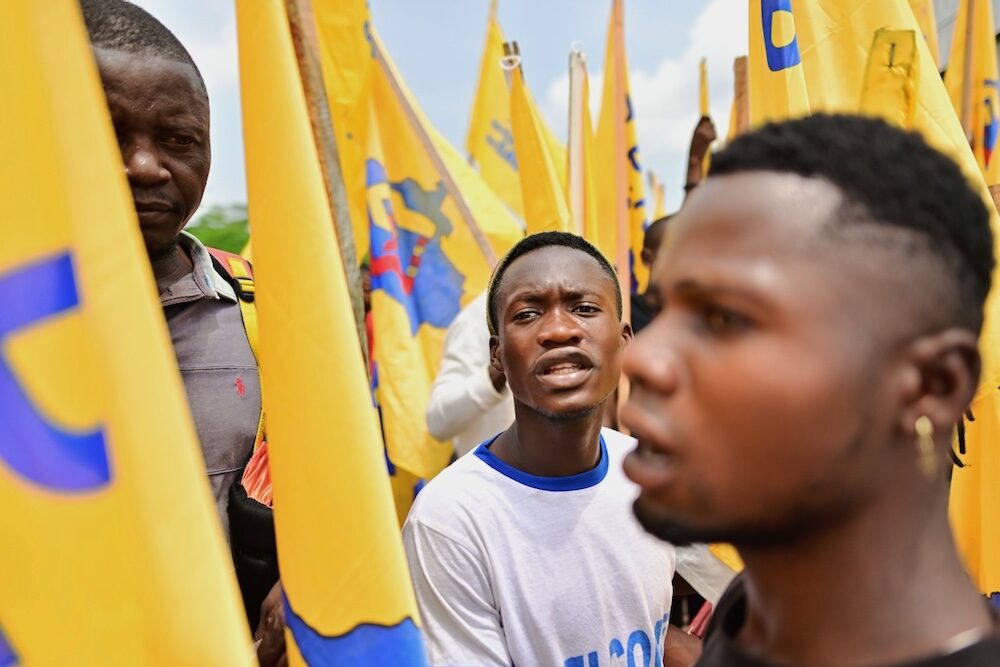
Monday 14th April 2025

Tanzanian opposition leader and former presidential candidate Tundu Lissu has also been arrested and charged with treason
By inAfrika Reporter
Tanzania is facing a deepening political crisis after the disqualification of the main opposition party, CHADEMA, from participating in the 2025 general elections. The decision, announced by the National Electoral Commission on April 12, came just days after the arrest of CHADEMA’s vice chairman, Tundu Lissu. Lissu was detained on April 9 following a political rally, where he was accused of inciting violence and plotting to disrupt the electoral process. The government has charged him with treason, a move widely criticized by human rights groups and political observers. The developments are being seen as a major setback to Tanzania’s democratic aspirations, evoking comparisons to the repressive environment that characterized the rule of former President John Magufuli.
Lissu, a long-standing critic of President Samia Suluhu Hassan, denies all charges and maintains that his remarks were aimed at encouraging democratic participation, not violence. CHADEMA leaders have accused the government of systematically targeting opposition voices in a bid to consolidate power ahead of the elections. With their party now banned, CHADEMA members and supporters find themselves shut out of the political process, raising serious questions about the credibility of the upcoming vote. Several opposition figures remain in custody or are facing charges for criticizing the state, adding to the perception that dissent is no longer tolerated in the country.
The government, however, insists that its actions are lawful and necessary to preserve peace and order. Authorities argue that Lissu’s statements posed a national security threat and that the decision to bar CHADEMA was based on evidence of attempts to undermine the electoral process. But critics see a pattern of silencing political rivals under the guise of security concerns. The backlash has been swift, with civil society organizations, legal experts, and international observers warning that the crackdown marks a dangerous erosion of democratic norms in Tanzania.
The implications extend beyond domestic politics. With Tanzania viewed as a stable force in East Africa, any disruption to its electoral credibility could have ripple effects across the region. The East African Community, of which Tanzania is a founding member, may face renewed pressure to uphold democratic principles among its members. Investors, too, are likely to watch developments closely, as political instability could affect confidence in the country’s economic outlook.
Tanzania’s leadership now faces a critical test: whether it will uphold the rule of law and democratic values, or continue down a path of authoritarianism. As calls mount for the release of opposition members and the reinstatement of CHADEMA’s eligibility, the choices made in the coming months may define the country’s democratic future and its standing on the global stage.


